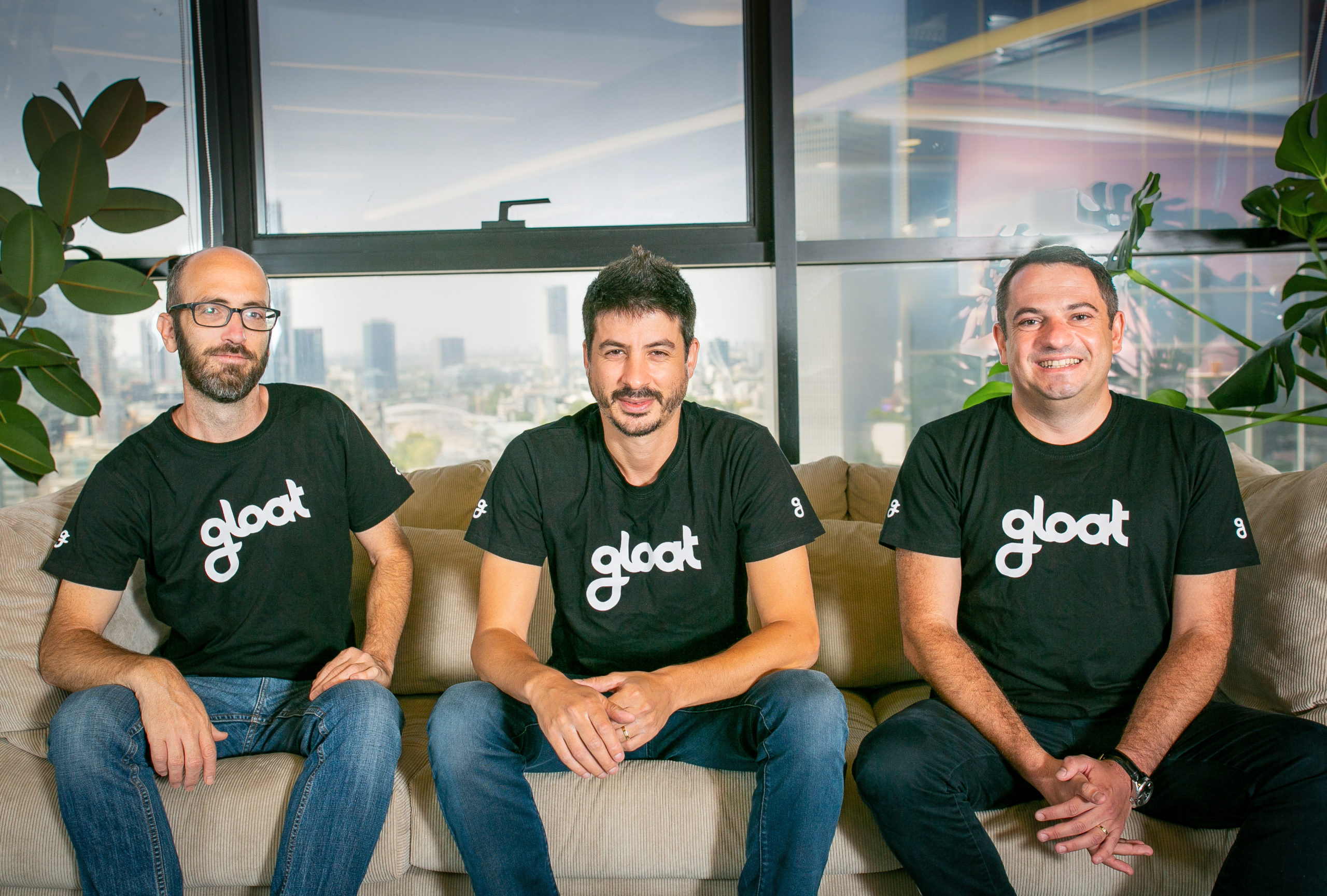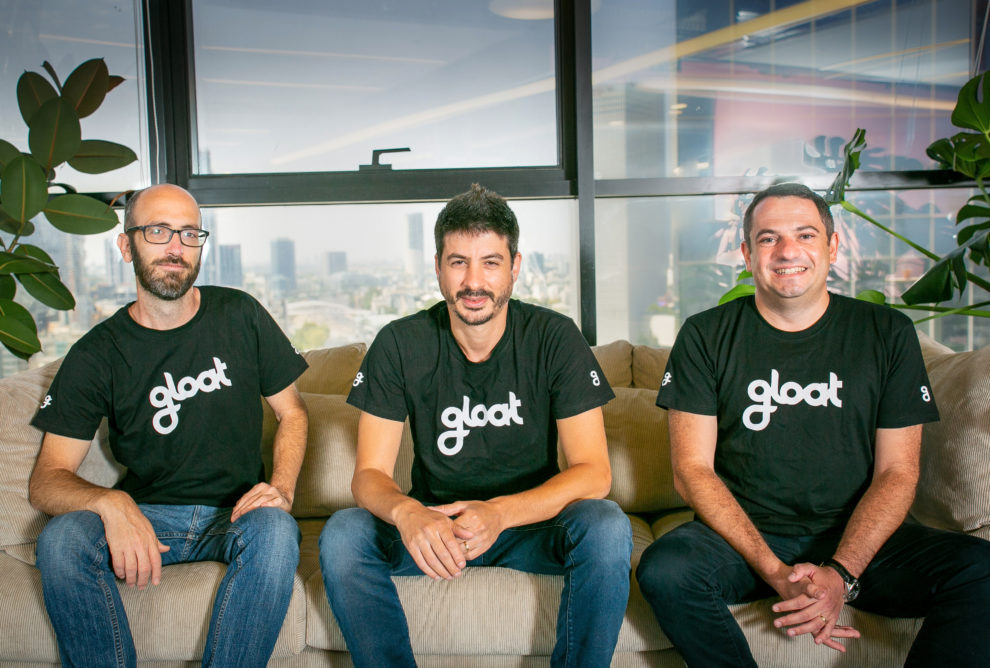New York-headquartered Gloat, an internal talent marketplace for employers, closed its $57 million Series C led by Accel with existing investors Eight Roads, Intel Capital, Magma Venture Partners and PICO Partners participating. The company has raised a total of close to $92 million since its founding in 2015, per Crunchbase data.
Subscribe to the Crunchbase Daily
We spoke with Ben Reuveni, Gloat co-founder and CEO, who told us the company started out with a platform to help individuals get their next job with offers that match their experience. They found that “50 percent of the time the next step of an individual could be within the company.”
This was an ah-ha moment for the team, so they decided to build an internal marketplace and tested the product with a few key customers; officially launching the new product mid-2019.
Gloat’s first customers were Unilever and Schneider Electric. Other customers followed, including Standard Chartered, Seagate, Nestlé and HSBC. The service onboards employees on one side and hiring managers on the other. Across its customers it finds 80 percent to 85 percent of employees complete profiles.
We spoke with Unilever’s VP of Future of Work Paddy Hull about the impact of a company like Gloat. In 2017, he said, Unilever was thinking: “How do we better unlock this matching of great talent and skills to emerging opportunities in the organization?” Unilever has 149,000 employees in over 100 countries. Previously the process was more ad-hoc through talent forums. “It wasn’t as quick or effective or as efficient as it could be,” said Hull.
In order to make sure employees have a future fit skill set, Unilever introduced flexible work, which allows team members to work on other projects 20 percent of the time to build skills and grow their career through the platform.
Unilever CEO Alan Jope acknowledged the benefits in its 2020 fourth-quarter earnings call earlier this year:
“Our FLEX platform [powered by Gloat], for example, has helped us just in the last year to reprioritize 500,000 worker hours towards more than 3,000 business-critical projects and has enabled many employees to choose flexible employment models that suit their personal life choices.”

The investor POV
London-based Philippe Botteri, who led the investment on behalf of Accel, acknowledged that “The world has evolved to more marketplaces, and there is a reason for that, because marketplaces give you a much deeper reach.” Botteri has made only three investments in HR cloud technologies over his 15-year investing career. The first was Cornerstone while he was at Bessemer Venture Partners in 2007, the next was PeopleDoc in 2014.
Botteri acknowledged that it’s hard to create a new category in HR.
He said he had been watching Gloat for a while, and when it pivoted to an internal marketplace, thought, “it totally makes sense.” He added: “This is the best way to enable all employees to have access to the same opportunities, and it’s the best way for the company to find the best talent for these opportunities.”
The service is priced as a SaaS model with a per-employee fee and an annual fee. The company, at a very early stage, has been able to sign very large contracts with global companies as the product impacts every single employee. “The value they can unlock is massive,” according to Botteri.
Reuveni confirmed that the funding was competitive and closed within three months. The company has 180 employees and plans to double that number.
Feature photo of Gloat co-founders, from left, Amichai Schreiber, Ben Reuveni and Danny Shtainberg, and product image courtesy of Gloat.
Blogroll illustration: Dom Guzman
Note: A previous version of this article contained incorrect information regarding Gloat’s number of employees.

Stay up to date with recent funding rounds, acquisitions, and more with the Crunchbase Daily.



![Illustration of a man sitting on a huge pile o' money. [Dom Guzman]](https://news.crunchbase.com/wp-content/uploads/Giant_Funding-470x352.jpg)
![Illustration of toast with $ toasted in. [Dom Guzman]](https://news.crunchbase.com/wp-content/uploads/Forecast-dollar-sign-470x352.jpg)

![Illustration of toast with Face ID toasted in. [Dom Guzman]](https://news.crunchbase.com/wp-content/uploads/Forecast-face-ID-470x352.jpg)





67.1K Followers